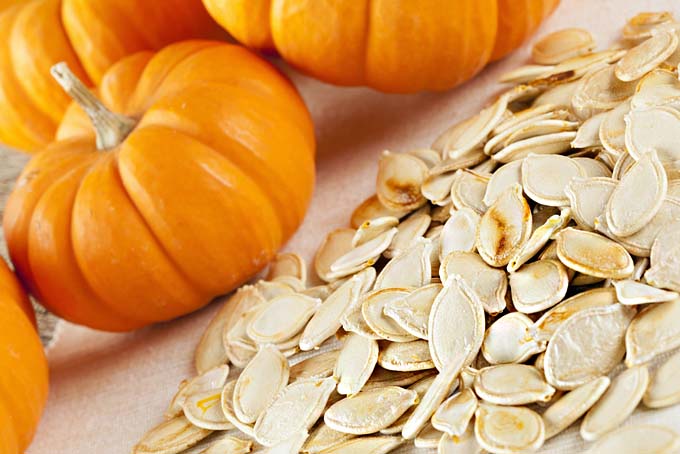Both your hair and nails can tell you a lot about your underlying health. If your hair is overly dry and brittle, this is a signal that your body is not getting what it needs to function at an optimal level. There are a number of clues regarding the health of your hair in terms of your overall health. It’s important to recognize potential signs so that you can take action.
“What Your Hair May Be Telling You “
Each individual is unique in terms of genetics and environment. What may be influencing your health, could differ in comparison to someone else. With that being said, certain red flags tend to provide underlying clues regarding your body’s needs. If you have…
- Dry, limp hair — You may simply be over-drying your hair using blow dryers and straighteners. With that being said, when your hair becomes limp and thin-feeling, it could mean something significant is to blame, such as an underactive thyroid. Another key factor is poor diet — resulting in nutritional deficiencies.
- Hair that’s falling out — It’s normal to lose some hair on a daily basis, however, if your hair is coming out in clumps, you may need to address your current lifestyle. Although physical or psychological stress is a key contributing factor, hair loss can also be a sign of prediabetes or infection. For those who are anemic or lack protein in their diet, this can also cause temporary hair loss.
- Dull and weak hair — If you have cut fat from your diet in order to lose weight, you may be affecting your hair and overall health. The truth is, you need fat in your diet and if you don’t get enough, dull, weak hair can be a key sign. The same is true regarding prolonged consumption of processed foods, lacking the protein and nutrition your hair requires.
“How Your Diet Supports Healthier Hair “
If you’d like to achieve healthier, more vibrant hair, your diet is the first place to start. Here’s what you should be eating, based on the positive effects on hair health. By following a balanced diet, rich in protein, healthy fats, vitamins, and minerals, you will encourage a healthier scalp, as well as stronger, shinier hair.
“Protein”

Considering your hair is made mostly of protein, it requires a regular intake in order to grow and maintain its strength. Although each strand of hair will typically last for 2-3 years, the ‘resting’ stage occurs a few months before a strand sheds and is then replaced by new growth.
When you do not eat enough protein, the result is a disproportionate number of hairs, which remain in the resting phase — increasing your risk of brittle hair and eventually, hair loss. Some high-protein foods include oatmeal, almonds, chicken, eggs, Greek yogurt, fish, beef, quinoa, lentils, pumpkin seeds, and all-natural peanut butter.
“Vitamins and Minerals”
From iron to vitamin E, your hair requires a wide range of nutrients to remain healthy. Among women, iron deficiencies tend to be the most common cause of hair loss. As hair follicles grow, they require iron. If you’re experiencing an iron deficiency, you will often feel tired and anxious, and will also often look fairly pale.

Some of the best sources of iron are, of course, grass-fed meat and fish, however, you’re not limited to these sources. If you’re vegetarian, leafy greens, nuts, beans, chickpeas, and pumpkin seeds are also great sources. Some of the other critical nutrients include vitamin B12, vitamin D, magnesium, and biotin.
The key to healthy hair and healthier life is a balanced diet. Focus on plenty of whole, nutrient-rich foods, avoiding processed items. Drink plenty of water, minimize stress levels, and ensure you’re getting enough sleep. If you’re concerned about your hair, especially if changes occurred suddenly, it’s important to seek professional advice and potentially have blood work taken.
